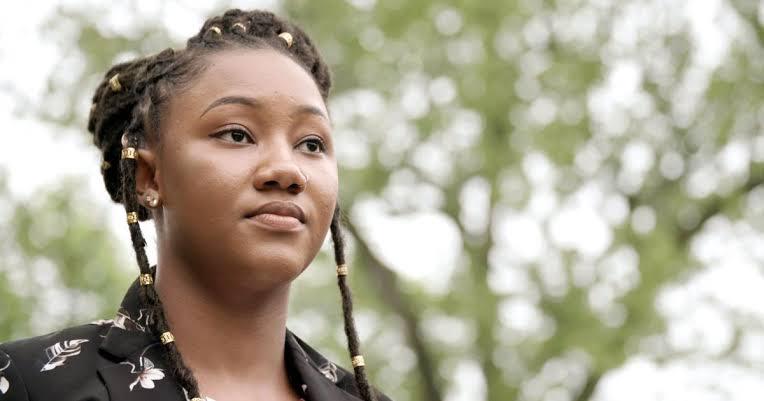Fighting for women’s liberation in the face of a dictatorship and the rigidity of the culture
Toufah Jallow said no. She said no to the most powerful man in the Gambia and the result of that is something we’ve come to know too well. Patriarchy along with oppressive structures of power like the dictatorial government breeds a culture of silence among Gambian women so when Toufah decided to speak up against the President of Gambia, it came as a shock to her community and the world. But Toufah says this audacity came from drawing inspiration from women before her, even the silent ones.

The Gambia has a large Muslim population and, coupled with the Fulani culture, the rigidity of the society Gambian women live in can be palpable. In episode 2 of WNCYA, Toufah speaks of the intersectionality of culture, religion and feminism. She also speaks of how gender preference is a precursor to how women are treated through their lives in society.
The prioritisation of and clamour for male children negatively impacts the experience of Gambian women. Women’s achievements do not matter because ultimately, they’re to end up married and so, girls are married off before they can even make their own decisions. Girls as young as 15 are married off for a series of reasons, often as punishment when they do not do as they are told as society expects them to. The expectation that women should do certain things and do a certain way causes people to prepare women all their lives for an existence dedicated to their husbands and families. Gender roles are imposed very strictly on women and those who dare to stray from the narrow path are married off as punishment.
As time has passed, the walls of the patriarchy have begun to chip and women have become more emboldened to share their stories and experiences. Toufah speaks of the feminist decisions the women who came before us have made, even if they did not call it feminism. As critical as we are of the culture of silence of the women who came before us, we need to remember that even in their silence, they made moves.
“The silence was a survival mechanism/tool for most of them and the fact that they were able to navigate their very existence within complete silence is brave enough and, I think that deserves some sort of celebration and we can be who we are and be in the picture because they silently navigated those walls and now I am able to come into the picture and speak out loud”. “What I am not for is to shun the very silence that got someone like me here.”
As we grow as feminists, reflection and introspection become necessary for our feminist journey. Toufah reflects on her own traumatic experiences and how much she has changed since they occurred. She hopes Gambian women can find community in their joint experiences and shed off the imposed cultural norms that don’t sit right with them. She also hopes that they find the strength to “feel and act on the audacity that beats in their hearts.”
Toufah also speaks of the culture of entitlement in men where they’re unaccustomed to being denied what they want and refuse to acknowledge “no” from women. As Awazi says, as we’re teaching girls that it’s okay to say no, we need to teach boys to accept the nos that they hear from women.